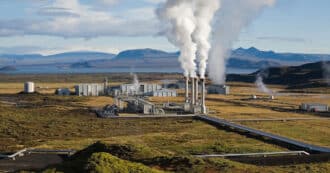The climate crisis currently demands that societies transition away from reliance on energy obtained from fossil fuels such as oil, petroleum and gas to clean energy like solar or wind energy. Different countries are at different stages in their ability to transition. Just transition refers to strategies that will ensure that in the transition from fossil fuels, economic losses to workers in the fossil fuel industry will be compensated or retrained for jobs in other sectors.
Origin of the term and application
The term “just transition” began to be used by both the labor movements and those advocating for transition from fossil fuels in the late 20th century. In the world of environment and ecology, the term just transition has been a focal point of negotiations and discussion around regulation and policy to reduce and eventually eradicate human dependence on fossil fuels as an energy source. Balancing environmental sustainability with social justice and economic fairness underpins these discussions.
Faith Based Organizations (FBOs) are becoming increasingly active in the area of just transition by training leaders and communities to advocate for intergenerational rights and concessions. At the COP28 UN climate conference in Dubai, faith and spiritual leaders representing Anglicans, Buddhists, Jains, Jews, Sikhs, Sunni and Shia Muslims urged politicians, businesses and financiers to adopt a rapid, just transition away from fossil fuels.





